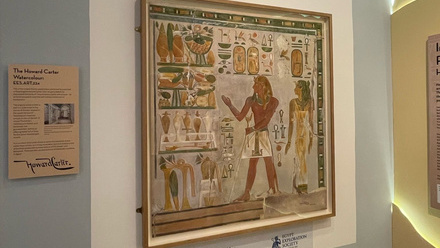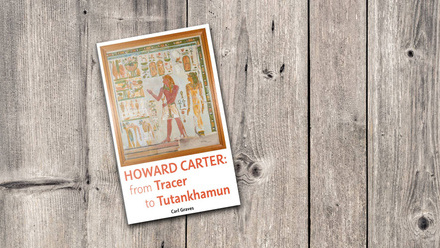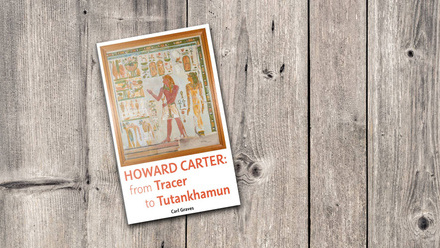Making academic publishing more inclusive
The launch of a new style guide for the Journal of Egyptian Archaeology
Following a recent review of the Society’s knowledge sharing programme, the editorial team has revised the style guide of the Journal of Egyptian Archaeology. The changes will make the Journal more inclusive and accessible for both authors and readers.
Subscribers will be familiar with the current style guide, largely unchanged since the founding of the Journal in 1914. Over recent years, it has become clear that this style guide was making it increasingly difficult for scholars, particularly those in the early stages of their careers, to submit their latest research to the Journal. The time-honoured, but archaic system deviates widely from academic referencing as taught in universities worldwide today and presented a particular hurdle for authors for whom English is a second language. The new style guide allows for clearer referencing in footnotes as well as the addition of a bibliography. Authors will find that this will increase citations of their works while readers can identify bibliographic references more easily and will also benefit from an improved flow of text. Of course, it will take some time for these changes to be seen and we expect JEA volume 109 to be the first to use the new style.
The revision of the Journal’s look follows the Society’s continued efforts to support scholars from Egypt and Sudan such as the Mentoring for Egyptian and Sudanese Authors (MESA) Scheme, established in 2020 thanks to the generosity of our Patron Giving Circle. MESA has already affected an increase in research from Egyptian authors being published in the JEA and continues to receive enthusiastic feedback from authors, mentors, reviewers, and readers.
We are pleased to offer these essential opportunities to empower global scholars working in the field and see the JEA embracing a more inclusive future. As the leading journal for publishing Egyptological research, the JEA receives far more submissions than can be accommodated within its pages. We expect the quantity of submissions to increase further following the launch of the new style guide and ask that prospective authors keep in mind the limitations of producing high-quality publications. We remain dedicated to sharing the very best results from current research in the field of Egyptology and hope that you continue to enjoy the Journal, both as authors and readers.



